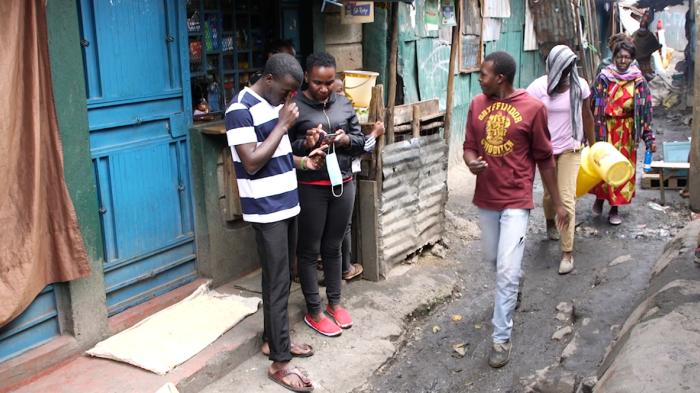Africa struggles during Covid 19
Read a text description of this video
VOICE OVER
The Covid-19 crisis has sharply driven up poverty and hunger in many African countries.
MARGARET OKUOMO
Lagos, Nigeria
We don't eat the way we used to before. People who ate three meals [a day] are now eating one.
ESTHER ARUMBA
Nairobi, Kenya
Because of the nature of my job, I couldn't get any work. I would just boil water [instead of eating] and go to sleep with the kids.
VOICE OVER
International donors should also support Africa’s recovery by increasing their financial and technical support for social protection.
(Nairobi, October 12, 2021) – The Covid-19 pandemic has highlighted the need for African governments to strengthen social protection systems and fulfill people’s rights to social security and an adequate standard of living, Human Rights Watch said today. Many African governments introduced measures like cash transfers and food assistance in response to the rising poverty and hunger occasioned by the pandemic, but most households received no support. The World Bank forecasts that the Covid-19 crisis will have pushed an additional 29 million Africans into extreme poverty by the end of 2021.
“The Covid-19 crisis has wreaked havoc on the livelihoods of millions of households across Africa, leaving families hungry and desperate for help,” said Mausi Segun, Africa director at Human Right Watch. “African governments should urgently invest in the social protection systems needed to ensure that Africans can endure the pandemic’s devastating economic impact with dignity.”
